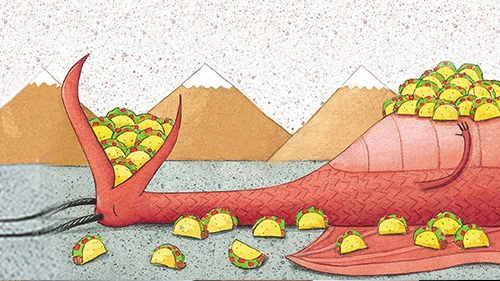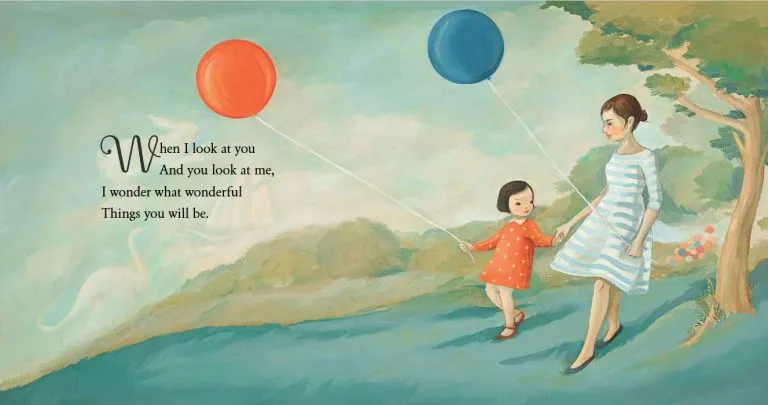A Short Story Collection Based on Our News-Heavy Times

If you’ve tried to read a book — or anything longer than 280 characters — lately, you’ve likely pondered the role of, and appetite for, fiction in our attention-fractured times. So, too, has Tyler Cabot, since long before the coronavirus swept in.
“We’ve had an overflow of news, generally, and then on the other side, a lot of opinion pieces,” said the former editor at Esquire and current affiliate at the Berkman Klein Center for Internet and Society at Harvard. “But what I found lacking was a place to think more deeply about the news, where art is used to get a better understanding of the way that we’re actually living now.”
In early March, after six months of work, Mr. Cabot and a small team of modestly paid friends launched the website The Chronicles of Now, a collection of bite-size fiction pieces, each inspired by a recent headline. For the inaugural post, titled “The Extinction Show: Live! One Night Only!,” the author Manuel Gonzales took cues from a report in this newspaper about the human-accelerated demise of certain species.
In subsequent weeks, sparked by an article in The Washington Post, Colum McCann rattled off, rapid-fire, all of the thoughts that crossed the soccer player Megan Rapinoe’s mind during the 61st minute of last year’s World Cup final; Sloane Crosley imagined the actress Lori Loughlin’s internal monologue amid her lawyers’ claims they have new evidence of her innocence (hat-tip to The Associated Press); Vauhini Vara used an Atlantic deep-dive on SpaceX’s Starlink satellites as an entry point for her exploration of what we believe in.
“I have a five-year-old — he was four when I wrote the story — and I wrote this story where I imagined him seeing those satellites, but I was also imagining myself having that experience as a child,” Ms. Vara explained in an email. “There’s this intellectual question behind it all that made its way into the story, like: What’s real? What’s not? What’s true, and what’s not? I think of that as the whole project of The Chronicles of Now, too: looking at — and playing with — that border between the real and unreal.”
The stories, succinct enough to become part of one’s regular fugue-scrolling, are ensconced in explanatory sidebars and suggestions for further (nonfiction) reading or watching. Mr. Cabot will soon put a subscription model into place, and, next month, he hopes to release a Chronicles of Now podcast in collaboration with Pushkin Industries, the audio company founded by Malcolm Gladwell and Jacob Weisberg.
None of this was expressly planned to counter the pandemic-heavy news cycle. “It’s almost like the moment caught up to it,” Mr. Cabot said when asked about the project’s timing. “Some of the earliest stories that I commissioned were prescient in terms of foretelling where we are now. A lot of authors are reading the signals before we do, so it’s been fascinating.”




